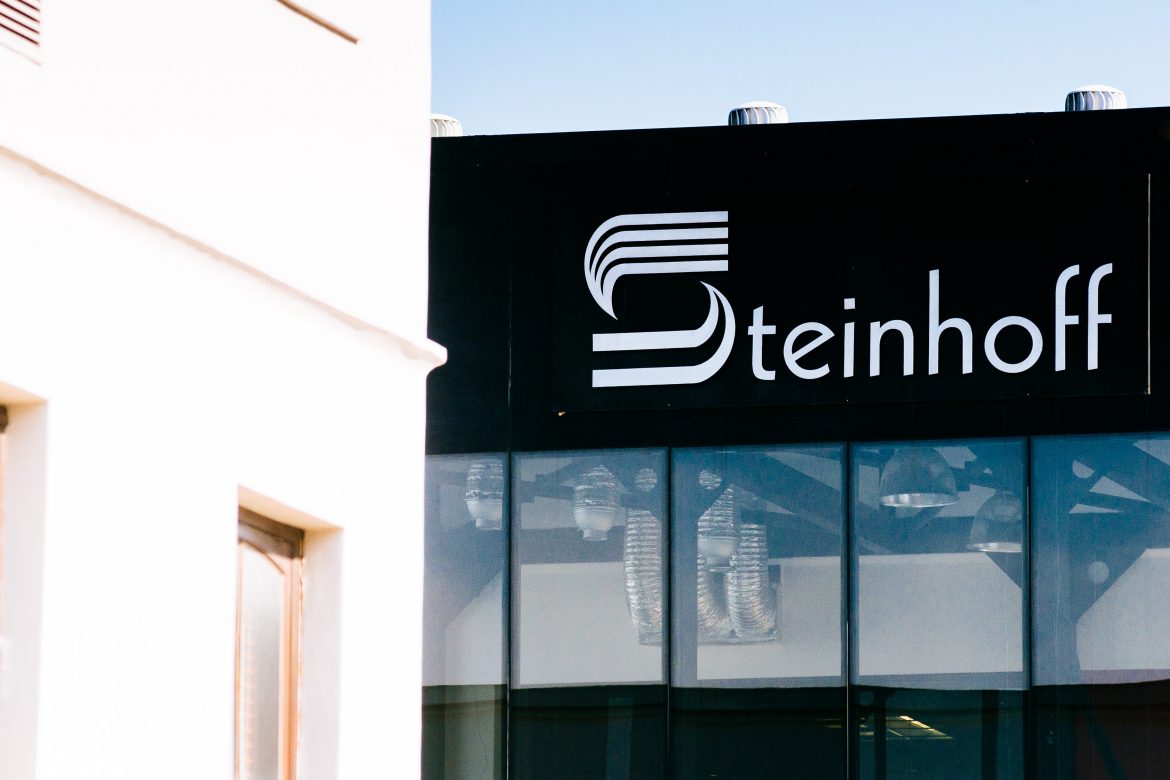This material belongs to: IOL.
Johannesburg – The scandal over alleged accounting shenanigans at disgraced Steinhoff International has infuriated unions invested in the Government Employees’ Pension Fund (GEPF), which cost an empowerment investment almost R4billion in value.
On Thursday, economists conceded that the Steinhoff debacle had made 2017 a horrible year for South Africa’s private sector, considering the slew of blue chip companies that have been embroiled in fraud and corruption scandals.
On Tuesday evening, Steinhoff – which is dual-listed on stock exchanges in Joburg and Frankfurt, Germany – admitted to “accounting irregularities” after it had repudiated an August report from a German publication that Steinhoff employees were being investigated by prosecutors for a 2015 case of possible accounting fraud.
The diversified group’s admission caused it to haemorrhage over R150bn in its value over the last three days.
This bloodbath has incensed Jan Mahlangu, Cosatu’s retirement funds co-ordinator and a trustee on the GEPF on behalf of public-sector unions.
The GEPF, Africa’s largest pension fund with 1.2 million active members, has a 51% stake in Lancaster 101, an empowerment company which bought a stake in Steinhoff after the company offered it 60 million shares at R75.98 a share – valued at roughly R4.6bn – in October last year.
With Steinhoff’s share price at a paltry R10 when markets closed on Thursday, Lancaster 101’s investment had plummeted to roughly R600 million, a loss of about R3.9bn in value.
Speaking to Independent Media on Thursday, Mahlangu was so enraged at the loss of workers’ money due to alleged improprieties at Steinhoff that he promised more shareholder activism from the GEPF at big corporations in order to stave off what he called “corruption by the private sector”.
‘What worries us mostly is the use of words like ‘irregularities’ by Steinhoff when there have been billions of rand wiped out.”
“Surely this is clear mismanagement – corruption at its best. And I think that the question is: Are our instruments of preventing such things sharp enough?” Mahlangu asked.
“People have put in a lot of money there (into Steinhoff through Lancaster 101); the value of that investment has been wiped out and people owe the financers of this transaction – bankers and so on.”
“How are they going to pay the money back?”
“What also worries us are the pensioners, including GEPF members, who have invested their savings in Steinhoff.”
The Public Investment Corporation (PIC), which is Africa’s largest investor with almost R2 trillion in investments, invests on behalf of the GEPF.
The PIC has lost roughly R14bn this week as it’s the second biggest shareholder, with a 7.4% shareholding within Steinhoff.
Finance Minister Malusi Gigaba also expressed concern that retirement and savings funds could be “adversely affected” by the bleeding of Steinhoff shares, and added that he welcomed the decision by the Financial Services Board to institute an independent probe.
Gigaba requested the PIC and GEPF to provide him with a “report on the extent of exposure for retirement funds”.
The FSB said on Tuesday that it was investigating possible insider trading in Steinhoff International shares.
“Should any violations be found, the appropriate regulatory action will be taken in accordance with the legislation governing this area,” an FSB spokesperson said on Thursday.
There were also reports that the SA Revenue Service might consider probing Steinhoff subsidiary Steinhoff Africa Retail.
Mahlangu said Steinhoff had also put taxpayers at risk as the government stands surety for the PIC.
“It can’t be correct that we are funding private sector mismanagement. It is also important because the PIC is the investor and, to a large extent, this will affect GEPF members,” he said, calling on law enforcement agencies to deal with those behind the alleged fraud.
Ian Cruickshanks, chief economist at the SA Institute for Race Relations, acknowledged that 2017 has been an annus horribilis for the South Africa’s private sector – with companies such as KPMG, SAP, McKinsey, MultiChoice and now Steinhoff suffering the ignominy of corruption.
“I think we’re seeing the true state of the rot of our accounting standards. It applies to all sectors of the economy; everything from the public to the private sector and everyone else in-between,” Cruickshanks said, adding that Steinhoff was “somewhere in-between” being a microcosm of private-sector greed.
His sentiment on the annus horribilis was echoed by Dr Azar Jammine, chief economist at Econometrix, who said the Steinhoff incident was intertwined with the so-called state capture saga.
“I think we can only get rid of the scourge of the corruption within the domestic auditing profession if we see progress in sorting out corruption and state capture,” said Jammine. – Additional reporting by Dineo Faku


